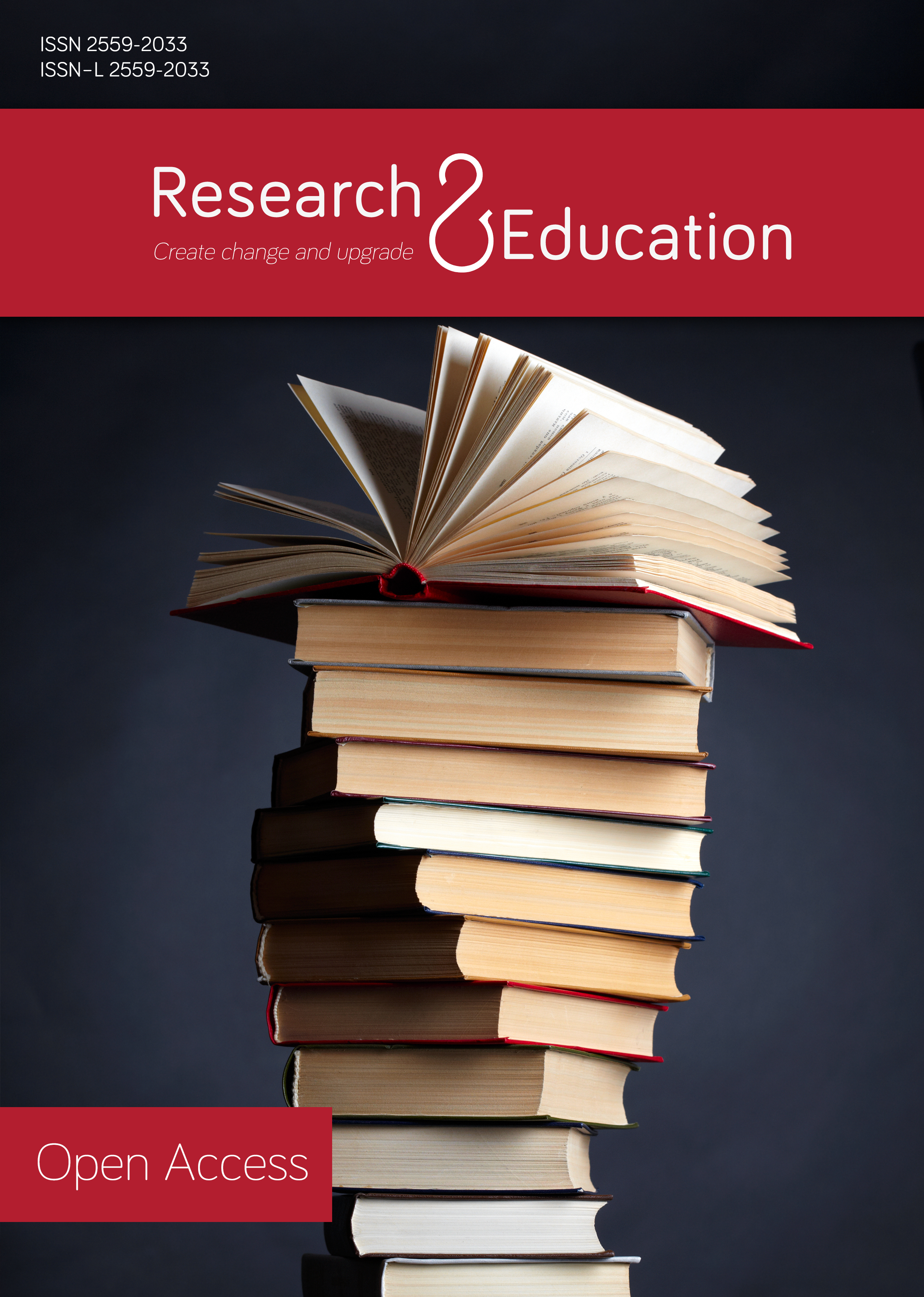Gamification as a Curriculum Strategy: Effects on Mathematics Performance and Anxiety in Relation to Intelligence Types
Abstract
This study examines the correlation between the performance of primary school students following a gamification-based mathematics curriculum and their levels of anxiety during mathematics lessons, considering individual differences in intelligence types. The theoretical framework highlights the most important empirical studies that analyse the extent to which gamified interventions reduce anxiety. In addition, it emphasises the methodology for structuring a curricular educational programme centred on gamification as a complex educational strategy to promote specific values, attitudes, and behaviours. The quasi-experimental design involved a control and an experimental group, both of which were each subjected to a one-month curricular educational programme. Specifically, the experimental group's programme assumes solving didactic tasks related to the curricular content exclusively through gamification. Furthermore, the effect of gamification on school anxiety, moderated by the levels of logico-mathematical and intrapersonal intelligence, was also studied. The results of study indicated that statistically significant correlation existed between school-level efficiency and students' anxiety but the levels of intelligence did not moderate this correlation. Overall, the study highlighted that a school environment focused on the specific advantages of using gamification has direct effects through modelling an efficient learning environment, increasing the ability to understand mathematical phenomena, and decreasing anxiety regarding assessment situations in mathematics (operationalised by the McKenzie, Multiple Intelligences Inventory), without being statistically significantly moderated by logical-mathematical or intrapersonal intelligence levels. Keywords
Gamification; Scratch Programming; Mathematics Anxiety; Assessment in Mathematics; Creative Problem-Solving. 
